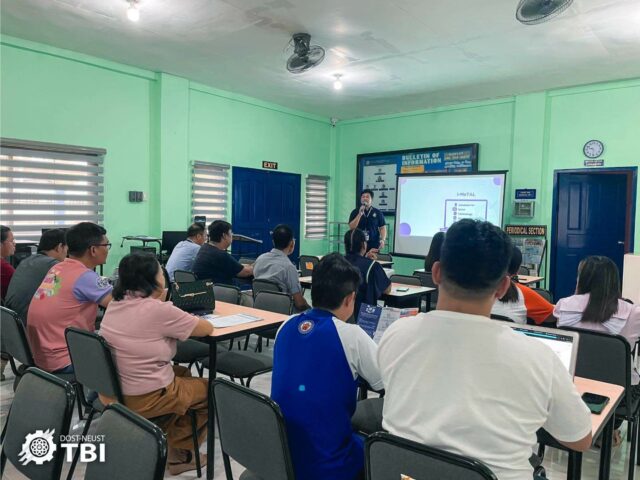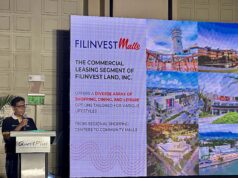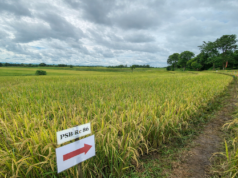The generation of impactful and innovative research is one of the priority development goals of the Nueva Ecija University of Science and Technology (NEUST).
It strives to strengthen innovation and knowledge creation through strategic investments in research infrastructure, commercialization and technology transfer, as well as development of specialized research centers and institutes.
NEUST President Rhodora Jugo said their vision and mission are clear, which is to advance knowledge, foster technological innovation, and cultivate graduates of global caliber who will drive transformative change in communities and contribute to a sustainable future.
The state university is also committed to human capital development in promoting community engagement and societal impact through the conduct of effective extension services, development and implementation of transformative research-based projects, and building strategic partnerships with local government units, industry partners, and non-governmental organizations.
“Together, we will address priority community issues, facilitate lifelong learning, and promote exchange programs to share best practices and learn from global experiences,” Jugo stressed.
Extending technological services to stakeholders
The Department of Science and Technology (DOST) funded the establishment of a Technology Business Incubator (TBI) at NEUST.
Project Leader Kenneth Armas explained that the TBI is into the creation of engineering technologies, particularly metal technology, through the Metal Innovation Center. It likewise offers other innovative machinery, programs, and services to micro, small and medium enterprises (MSMEs) and communities.
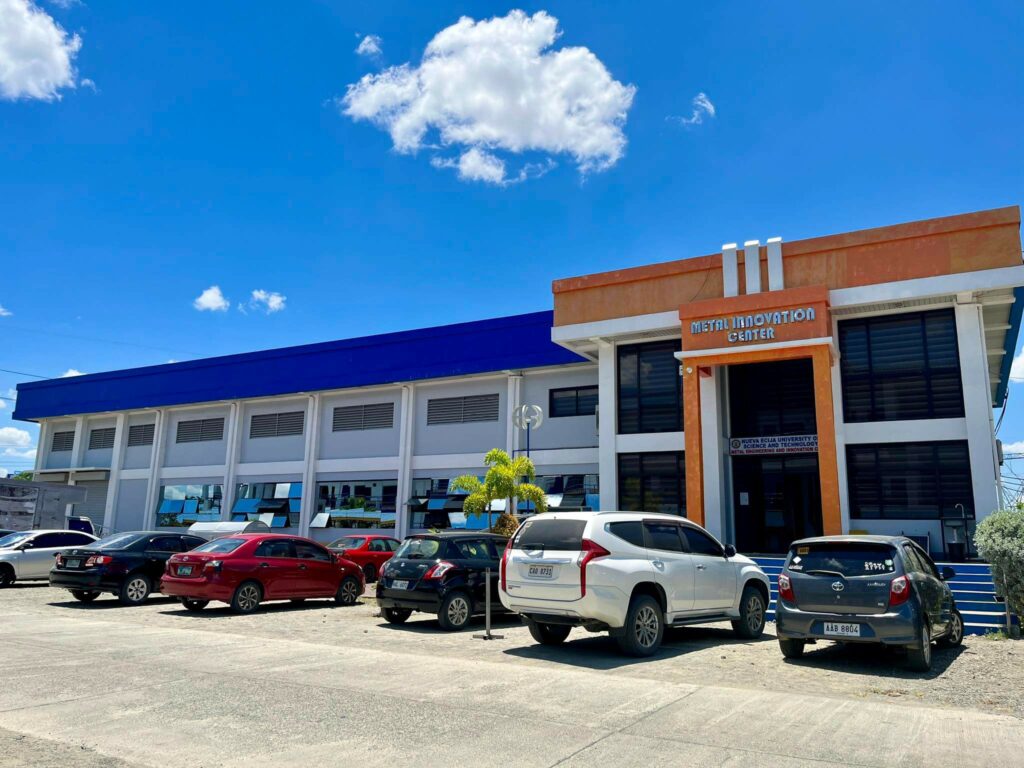
“We produce different outputs in the form of patents, products, and policies among others through research projects. Since these are government-funded, we are extending these to our stakeholders,” Armas said.
DOST-NEUST TBI accepts incubatees or startup businesses in the incubation program which provides various services including mentoring.
It is open to technology generators and researchers such as students, faculty members, and even outside partners so that the technology becomes more mature and has the potential for commercialization and technology transfer.
“We have services for technology promotion, so researchers can focus on its development while we oversee the technology promotion in presenting whatever technologies are available here at NEUST,” Armas pressed.
On average, the incubation program lasts for six months and is divided into three phases.
First is the pre-incubation, which is the initial stage of a business startup process where entrepreneurs typically engage in market research, idea validation, feasibility analysis, and preliminary planning.
Second is the incubation phase, where the startup receives support, resources, and guidance to accelerate growth and increase its chances of success.
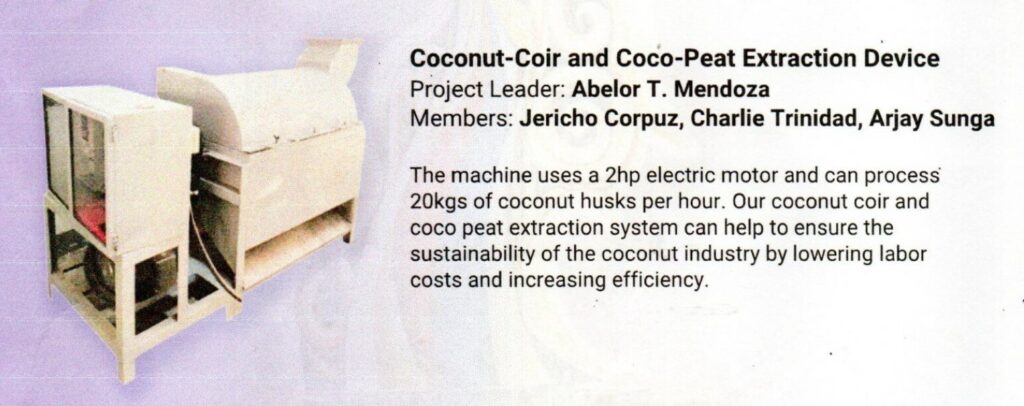
And third is post-incubation, where a startup can operate independently in the market, and is expected to apply the knowledge, skills, and networks gained during the incubation period to sustain and grow its business.
To date, DOST-NEUST TBI has supported a total of 19 incubatees. It also conducted 16 startup-related activities, assisted 30 intellectual property applications, helped 68 MSMEs, and trained 961 students and faculty members.
Innovations ready for adoption and commercialization
Among the technologies ready for adoption and commercialization is the coconut-coir and coco-peat extraction device, which can process up to 20 kilograms of coconut husks per hour. This machine can help ensure sustainability of the coconut industry by lowering labor costs and increasing efficiency.
The air-conditioning system trainer, on the other hand, was developed to give students and technicians actual hands-on experience in learning how an automobile air conditioning system works.
Also, the ergonomic universal working table which is portable, rechargeable, adjustable, convertible, and more efficient than the traditional working table for drafting, architecture, engineering, and visual art technology.
It likewise has a water hyacinth presser used in creating decorations and handicrafts, and the induced draft drying equipment for drying efficiency of agricultural products. Other finished projects include solar and wind-powered water filtration systems, onion harvesters, and coffee bean segregator.
DOST-NEUST TBI is not only looking for adopters of these technologies for commercialization but also trying to find communities that can put them to good use.
“Even if they cannot purchase the entire equipment, we are ready to help them find ways on how to be able to use or to have one,” Armas said.
As an educational institution, NEUST is entrusted with the responsibility to contribute knowledge, skills, and resources towards the betterment of communities. It is expected to be not just a participant but as a steward of positive change dedicated to making a meaningful impact. (CLJD/CCN, PIA Region 3-Nueva Ecija)


